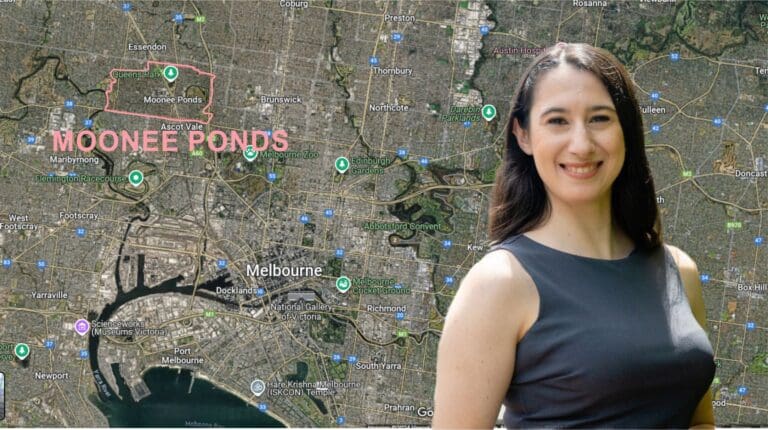Learn all about the aspects of conveyancing, which is the process of transferring property from one owner to another during a sale. The article covers topics such as the qualifications required to conduct conveyancing, different specializations within the field, guidance on selecting a proficient conveyancer, and the significance of engaging professionals to guarantee a worry-free property transfer process.
Conveyancing Qualifications

Educational Requirements
Conveyancers are required to complete specific conveyancing courses and obtain a conveyancing diploma or certificate from accredited institutions to meet educational standards. Courses vary in length and format to cater to individuals at different career stages. Some offer foundational knowledge of property law, land registration, and contract principles, while others focus on advanced knowledge and skills in intricate conveyancing processes and procedures.
Obtaining a diploma or certificate in conveyancing is important as it improves existing qualifications and demonstrates specialised training in the field’s complexities. It serves as a standard qualification indicating proficiency in law and professional standards important for the role. Education has a fundamental function in assisting conveyancers to get the necessary skills for property ownership and transfer legalities, process transactions efficiently, and provide compliance with regulatory requirements affecting the industry.
Licensing and Certification
To legally practise as a conveyancer, licensing and certification are required to guarantee that the conveyancer meets the standards and regulations set by the relevant conveyancing authority. Becoming licensed and certified as a conveyancer involves completing necessary education and training requirements, passing specific examinations, and fulfilling any experience criteria.
An application is submitted to the relevant conveyancing authority for review of qualifications and confirmation that all relevant prerequisites are met. Upon approval, the conveyancer is authorised to practise in the field. Regulating and establishing standards for conveyancers fosters a professional, ethical, and transparent conveyancing process that benefits clients and the real estate industry as a whole.
Specialisations in Conveyancing
Specialisations in conveyancing relate to the specific areas of property transactions that conveyancers focus on, allowing them to customise their services to the distinct legal requirements of different clients and properties.

Types of Conveyancing Specialisations
Specialisations in conveyancing encompass residential conveyancing, commercial conveyancing, and rural conveyancing, each focusing on distinct aspects of different property types that are legally necessary.
Residential conveyancing pertains to the transfer of homeownership for residences, apartments, and other living spaces, involving tasks such as confirming clear property titles, conducting property searches, and finalising contract exchanges.
Commercial conveyancing deals with business properties like retail and industrial spaces, often involving intricate lease agreements, zoning matters, and environmental concerns.
Rural conveyancing pertains to properties in rural areas, including farms and agricultural land, and involves the regulation of agricultural law, land use planning, and water rights.
Choosing a Qualified Conveyancer
A competent conveyancer can provide expert guidance, handle legal paperwork, and resolve any issues that may arise during the conveyancing process.
Factors to Consider
Qualifications for a competent conveyancer include a solid background in conveyancing education, relevant certifications, extensive experience in conveyancing, and a demonstrable level of conveyancing proficiency. A proficient conveyancer should possess a comprehensive understanding of property laws and regulations to facilitate a legal and seamless transaction process.
The most effective conveyancers have a wealth of experience in various property transactions, including sales, purchases, and transfers. Recommendations from colleagues and feedback from previous clients can offer valuable insights into the professionalism and client satisfaction provided by a conveyancer. Effective communication, meticulous attention to detail, and the ability to meet deadlines are key prerequisites when selecting a conveyancer.
The Importance of Qualified Conveyancers
Qualified conveyancers are responsible for managing the conveyancing process, offering legal representation, and following conveyancing best practices to safeguard the interests of their clients.
Benefits of Hiring a Qualified Conveyancer
Hiring a qualified conveyancer offers several benefits, including expert legal advice, efficient management of the conveyancing process, and effective risk management to prevent potential legal issues.
With their knowledge of property law and transactional regulations, licensed conveyancers offer invaluable support, confirming all legal requirements are met during the process.
Additionally, conveyancers can proactively identify and address any risks that may arise, safeguarding their clients from costly disputes or unexpected complications.
Frequently Asked Questions
What are conveyancing qualifications?
Conveyancing qualifications refer to the training, education, and certifications that are required for individuals to become licensed conveyancers. Qualifications vary by country, and they generally involve completing a specific course of study and passing a qualification exam.
What is the difference between a conveyancer and a solicitor?
A conveyancer is a specialist in property law who is trained specifically in the process of transferring ownership of land or property. A solicitor, on the other hand, is a legal professional who has a broader scope of knowledge and can provide advice on a wider range of legal matters.
What are the benefits of obtaining conveyancing qualifications?
Obtaining conveyancing qualifications allows individuals to become licensed conveyancers, which gives them the legal authority to handle property transactions.
How long does it take to complete conveyancing qualifications?
The time it takes to complete conveyancing qualifications varies depending on the individual’s pace of study and the specific course or program they choose. It can take anywhere from a few months to a couple of years to complete all required courses and exams.
Are there any prerequisites for obtaining conveyancing qualifications?
The prerequisites for obtaining conveyancing qualifications vary by country and program. In general, individuals must have a high school diploma or equivalent and need to have relevant work experience in the legal or property field.
Get your quote today.
Relax knowing our experts are handling your property conveyancing.









